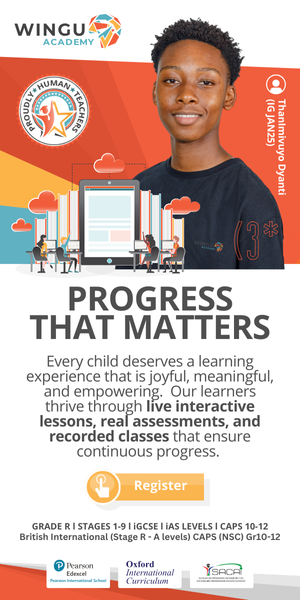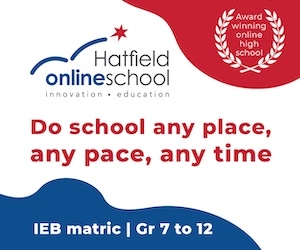
The Wingu School of Foreign Languages (WSoFL)
Immerse yourself in language and culture at Wingu Academy! WELCOME TO THE WINGU SCHOOL OF FOREIGN LANGUAGES (WSoFL)! Your journey begins here. The Wingu School of Foreign Languages (WSoFL), offering French, German, and Spanish for students aged 6 – 19, gives students the opportunity to immerse themselves in language and culture. Students are not only given the essential language tools, but the importance of cultural knowledge and awareness is also taught. Therefore, classes are not only about inundating students with grammar, but also allowing them to enjoy the language and learn through experiencing the language themselves. We believe that in order to learn a language successfully, there needs to be passion – and passion is provided by the people who teach it. For that reason, our classes are high energy and promote giving agency to the students. Students are given the key skills to apply their language knowledge in the real world, be it through travels or work. OUR LATEST ADDITION TO OUR LANGUAGE OFFERINGS AT WINGU ACADEMY: ISIZULU! Ukuvakasha … isiZulu! Introducing … isiZulu! From the beginning of 2024, students from Stage 1 – iGCSE have the opportunity to embark on a linguistic journey with one of South Africa’s most vibrant and culturally rich languages. Isizulu is available as a first additional language, on a similar level to Afrikaans, opening doors to a diverse linguistic landscape. Whether you’re a beginner or an iGCSE student seeking a new challenge, this course is tailored for you. Our curriculum aligns with the CAPS programme and the British International Curriculum, providing a comprehensive and structured learning experience. A dedicated, qualified teacher will guide students, fostering a supportive environment for linguistic growth. Embrace the opportunity to broaden your horizons, enhance cultural understanding, and develop valuable language skills. Let’s embark on this exciting linguistic adventure together! Enrol now and immerse yourself in the beauty of Isizulu! Siyajabulisa! (We are excited!) Note: Eligibility for the course at iGCSE level is determined by a baseline assessment, ensuring a seamless transition into this fascinating language. Foreign Languages are FUN-damental Embark on a global adventure with our diverse foreign language offerings in French, Spanish, and German! Studying a foreign language not only opens doors to new cultures but also enhances cognitive abilities and fosters a global perspective. Our courses are designed with flexibility in mind, welcoming beginners of all ages. Whether you’re starting your language journey in Stage 1 or pursuing advanced studies, our tailored programs cater to all. Our courses assist students with a myriad of qualification options, suitable for both Pearson Edexcel and Cambridge on the British International Curriculum, and all aligned to the Common European Framework of Reference for Languages (CEFR). This ensures a seamless integration into various educational paths. Our passionate teachers bring languages to life, making learning an enjoyable and enriching experience. They inspire and guide students, fostering a love for language that goes beyond textbooks. Join our foreign language community and unlock opportunities to connect with learners worldwide. Embrace the beauty of linguistic diversity and let language be the bridge to a world of possibilities! ¡Vamos! Allons-y! Los geht’s! If you have any questions or would like more information, please do not hesitate to reach out to us. For more information on costs and registering your child for this elective please contact admissions at [email protected].









































